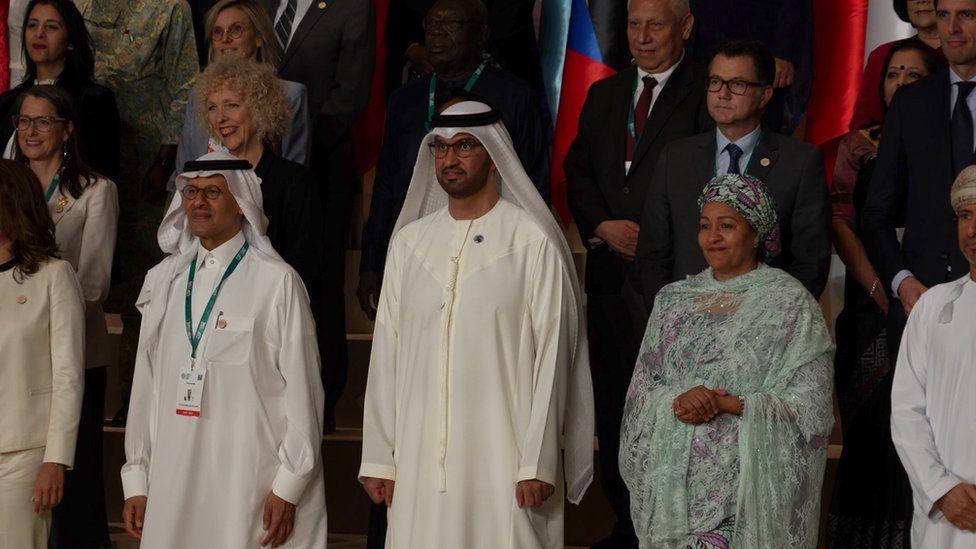-

-
-
Loading

Loading

The UN's COP28 climate summit is facing obstacles and divisions that may hinder progress. Prior to the talks in Dubai, more than 70 environment ministers and 100 national delegations have gathered in Abu Dhabi. However, skepticism looms as the summit is being hosted by the United Arab Emirates (UAE), a petrostate with doubts about its ability to lead the world towards a low carbon future. This year is on track to be the hottest on record, emphasizing the urgent need for action. Sultan Al Jaber, the president of the conference, acknowledges the challenges and emphasizes the importance of finding common ground and resolving differences. However, Al Jaber, who also heads the UAE's state oil company, Adnoc, has been labeled a divisive figure, with climate activist Greta Thunberg questioning the appointment. Al Jaber argues that oil and gas must be part of the climate discussion and defends his position as an ideal advocate for action due to his industry experience. While he vows to keep the world on track to limit temperature rise to 1.5C above pre-industrial levels, critics question his commitment as Adnoc plans to expand oil production by 600,000 barrels a day by 2030. The UAE and other oil-producing nations argue that the world will still need fossil fuels even as emissions decrease. This differs from the European Union's position to phase out fossil fuels entirely. With differing views on these crucial issues, deadlock is evident, including the establishment of a "loss and damage" fund and agreement on renewable energy targets. The COP28 summit is expected to face challenges driven by international rivalries, domestic politics, and disputes over funding. These obstacles indicate a shift in the agenda from agreeing on the need to combat climate change to actually implementing actions.